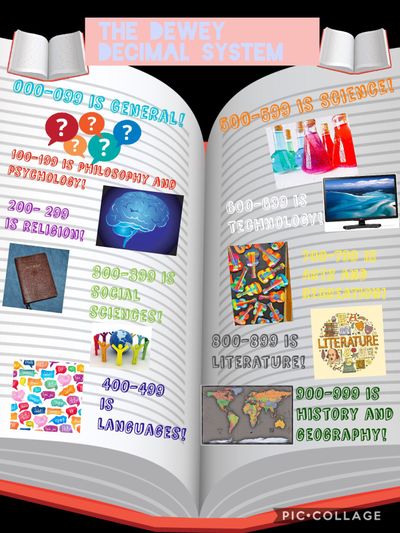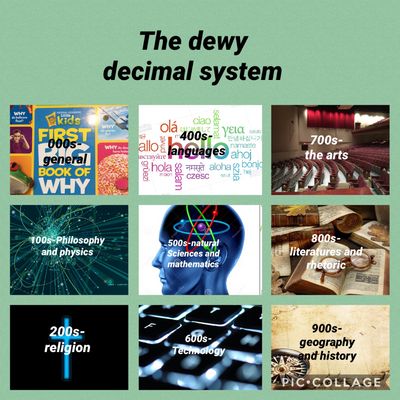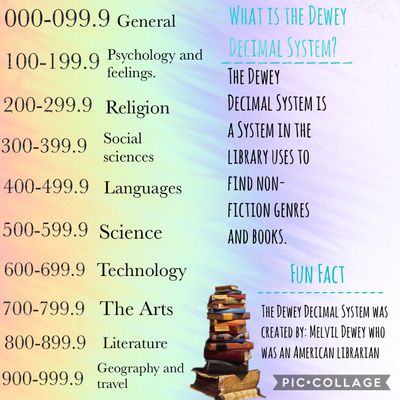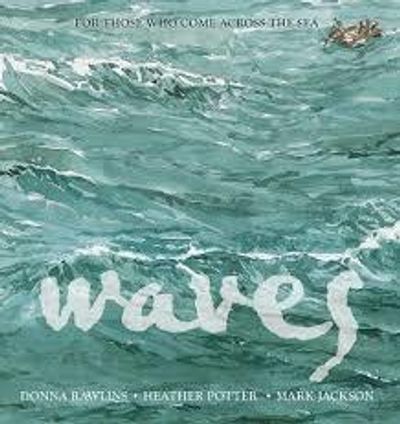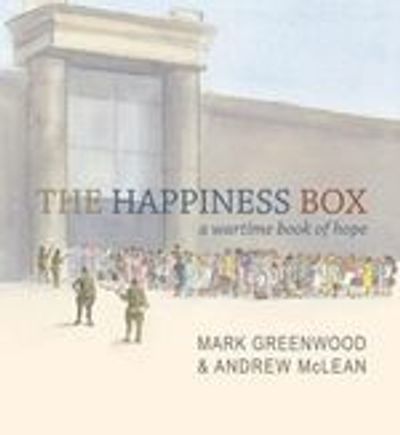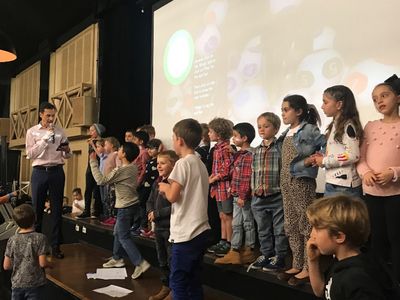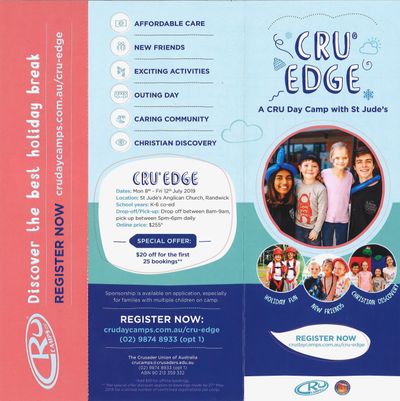Today your child’s Semester 1 report will be available to you via the Parent Portal.
As noted on the front page of the report, the purpose of the school report ‘is to communicate with you, your child’s individual progress in all aspects of school life’ for this semester. A child’s school report also ‘reflect(s) individual effort and achievement’ based on a range of activities across Term 1 and Term 2. Reports are essentially feedback for one semester of learning.
When reading your child’s report please share the report with your child and celebrate all that they have achieved. EVERY child has achieved so much across this semester and regardless of your personal hopes and expectations, they each need to know you are proud of them for achieving what they have. Report time is also a good time for reflection, a time to look at what aspects of school life might be your child’s next focus area. Ask your child to help identify this… it could be a grade in one Key Learning Area, effort in one Key Learning Area, and/or one of the indicators in the Other Aspects of Development. Please note the emphasis on ‘one’.
Please look closely at the Other Aspects of Development. These are not written or intended to be a list of dispositions or behaviours that we would expect a child to display ‘consistently’… all of the time. They are written so as to give you and your child realistic and honest areas for growth, based on the dispositions or behaviours that have been the focus areas for the grade for the past semester. If you look closely at these you will realise most adults are not able to consistently demonstrate some of these behaviours or dispositions, but ‘usually’ can. There is nothing wrong with ‘usually’, as this indicates a small amount of growth is needed to achieve ‘consistently’.
Similarly, for ‘Effort’ comments, an ‘outstanding’ comment is difficult to achieve, this is achieved by a child who goes over and above all of the time. Whereas good means good (check out the synonyms) – there is nothing wrong with good. We only have three ‘Effort’ comments this year. Having five choices as we had in previous years, was found to be ambiguous, whereas with three comment choices there is no ambiguity.
Now let’s talk about the grades.
- Parents are often concerned if their child is a ‘3’ in any area, Spelling for example, and then they are a ‘3’ in Spelling in their next report, there hasn’t been any improvement. This is incorrect. A ‘3’ in a report is at grade expectation for that semester, then a ‘3’ in the following report is at grade expectation for the next semester, therefore the child has had 6 months of growth from one report to the next. That is age appropriate, grade appropriate growth.
- If a child appears to drop a grade from one report to the next, that is they were a ‘3’ in Spelling for their last report, then a ‘2’ for Spelling in this report, this could mean a number of things: the content for this 6 months has been more challenging for your child; it is a signal to investigate further what is happening with the child and/or the teaching and learning programs; your child was a ‘low 3’ the previous year and a ‘high 2’ now because of a small amount of knowledge or understanding that has not been demonstrated this semester; or there has been a less than 6 months growth because the child is going through a difficult time health/friendship/home wise.
- Parents never complain when their child has moved from a ‘3’ to a ‘4’. But, it is important to note here that if this happens it means the child has achieved greater than 6 months growth across 6 months. This could be the result of a whole number of reasons, and it always worth investigating why, so we (the child, teachers and parents) can look for ways to capitalise on or replicate this growth.
- The NSW Syllabus documents are written in stages: Early Stage 1 (Kindergarten), Stage 1 (Year 1 & 2); Stage 2 (Year 3 & 4); and Stage 3 (Year 5 & 6). Because of this it is difficult to reach the outcomes at the beginning of the stage, that is, early in Kindergarten, in Year 1, Year 3 and Year 5. There is a similar but less exaggerated pattern from year to year, where it is harder to demonstrate some outcomes at the beginning of the year, than at the end of the stage when the learning activities have targeted that outcome across the stage. This is particularly so the English and Mathematics where the teaching and learning activities address the same outcomes over and over and over again across the stage. In other Key Learning Areas, a child may only be exposed to a particular outcome during one semester, then they move on to other outcomes the following semester.
- Please refer to the NESA Common Grade Scale on the front of the report to understand A-E (5-1) levels. Essentially, if a child achieves a ‘3’ they are at a grade appropriate, age appropriate level of understanding for that particular area for this semester.
There is a lot of love and care, a lot of assessments from across the semester, a lot of consultation across the grade, a lot of writing, proofreading, editing, discussions and fine-tuning that goes into every single child’s report, so that we can provide you with an honest account of your child’s progress, academically and behaviourally, for the semester.
You will have the opportunity to meet with one of your child’s teachers, the teacher who is pastorally responsible for you child, next Tuesday, to discuss this report. We hope you will take up this opportunity.
Janelle Ford
Deputy Principal

 Follow me
Follow me 